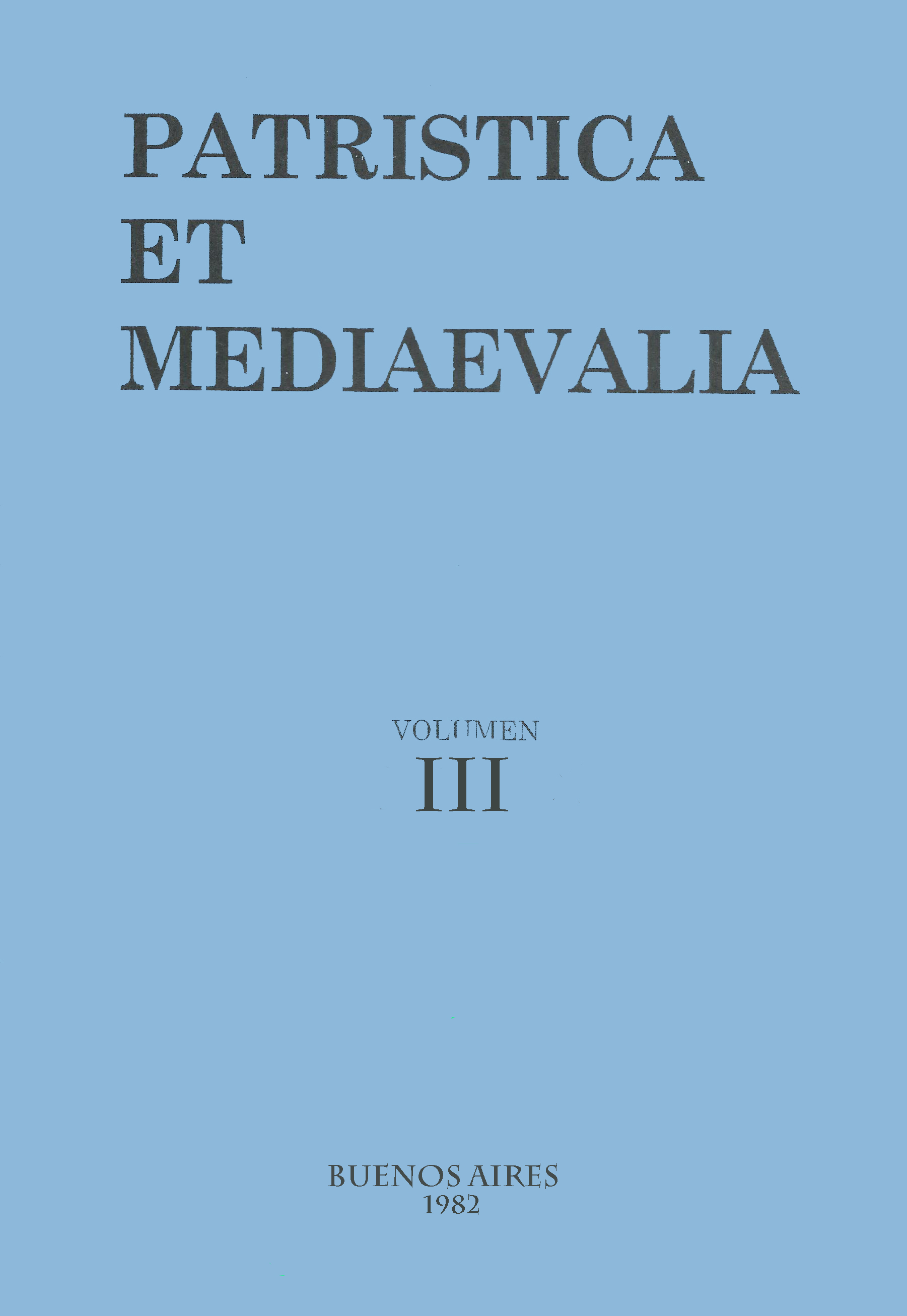Orthodoxy and Heterodoxy: regarding the “De aeternitate mundi” question
Abstract
Among the controversies that troubled the intellectual world in the 13th century, the debate about the problem of the possible eternity of the world occupies a prominent place. The three main currents of academic Aristotelianism agreed that the the temporality of the world is a truth of faith. But there was no agreement on the problem of the possibility of an eternal world. While eclectic Aristotelianism considered the acceptance of these “heretical”, moderate Aristotelianism did not reject it. However, they advocated –although with some vacillations– its indemonstrability. Finally, the rigid Aristotelians asserted that the philosophy of the Stagirite can demonstrate this eternity and that, therefore, the rejection of the possibility of an eternal world necessarily implies that some of the fundamental principles of Aristotle’s system be left aside.Downloads
1. The authors who publish in this magazine accept the following conditions:
-
They retain the copyright and grant to the magazine the right of the first publication, with the work registered under the Attribution-ShareAlike 4.0 International License that allows third parties to use what is published as long as they mention the authorship of the work and the first publication in this magazine.
-
They can make other independent and additional contractual agreements for the non-exclusive distribution of the version of the article published in this magazine (eg. include it in an institutional repository or publish it in a book) provided that they clearly indicate that the work was first published in this journal.
-
They are allowed and recommended to publish their work on the Internet (for example on institutional or personal pages).
2. AutoArchive Conditions. Authors are allowed and encouraged to distribute post-print electronic versions of their manuscripts because it promotes their circulation, a possible increase of quotation and a major reach among the Academic community. Color RoMEO: blue.













